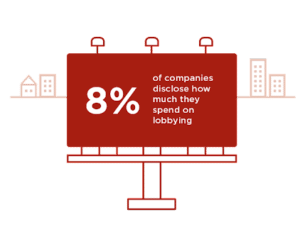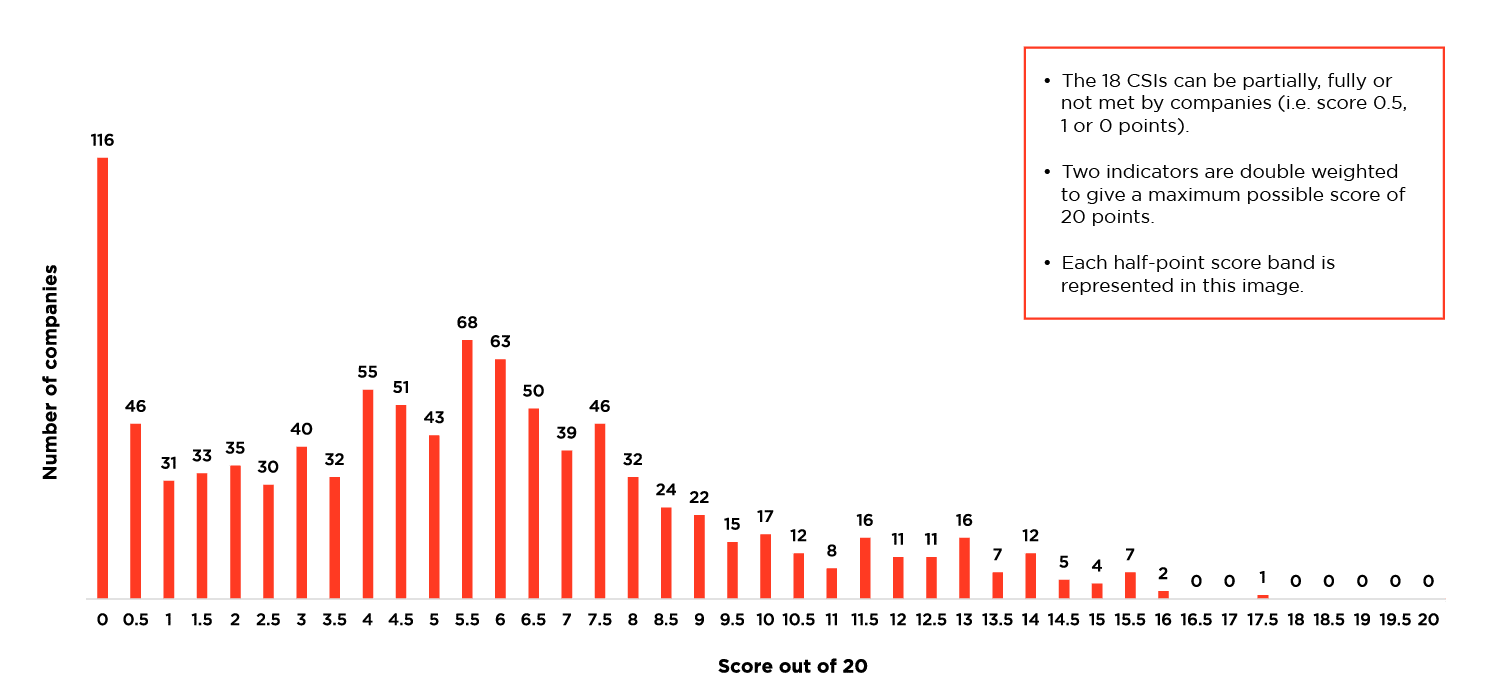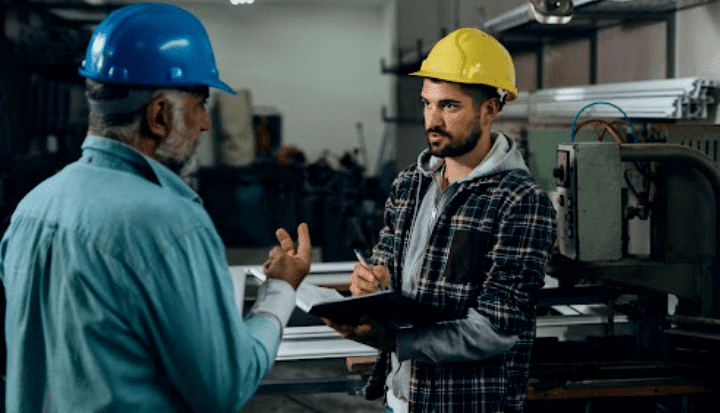Millions are dead from COVID-19 whilst hundreds of millions have been thrown back into poverty. 99% have seen their incomes fall in the pandemic, while the 10 richest men doubled their wealth. As stock markets hit historic highs, what are the chances that companies can help address the problem of growing inequality? According to the World Benchmarking Alliance’s new Social Baseline Report, the odds are 99-to-1. But by transforming how companies value people, we can stack the odds in humanity’s favour.
All companies can do certain things to help address inequality: by respecting human and labour rights, providing and promoting decent work, and acting ethically in areas like lobbying and tax, companies will support equitable societies. And when companies value people this way, they will also be able to ensure that we transition to a low carbon economy without leaving millions of people behind.
In 2021 the World Benchmarking Alliance researched 1,000 of the most influential companies in the world on how they value people, measuring social responsibility fundamentals; things that we need from all companies regardless of geography.
I’m an optimistic pessimist; a half empty glass is bad, but it’ll probably get topped up eventually, but even I was shocked at how badly companies performed. Only 1% made the grade and were demonstrating they meet fundamental expectations of socially responsible conduct.
This wasn’t even to say that these were ‘good’ companies – more that this 1% ‘passed their driving test’. That doesn’t make them the ‘best’ driver in the world…but it sets them apart from those who can’t drive. This is a huge concern because we need all these companies to be driving towards 2030 with the Sustainable Development Goals as the destination. The race is long and currently, 99% of companies aren’t qualified to participate.

Of the 1,000 companies, less than 100 disclose how much money they spend influencing politics or how much tax they really pay. Less than 50 companies know and show the extent of their gender wage gaps. Less than 50 state they pay – or have targets to pay – all their workers a living wage. Only 5% of companies have a female CEO and 6% of companies have no women on the board at all!
So…maybe that glass is more than half empty, but we know part of the problem lies in companies not disclosing meaningful data, with glossy stories re placing crunchy data like how much tax is paid where. 116 companies scored zero on everything; a sure sign disclosure standards need to improve if we are to hold companies accountable. But to shift the 99% a much bigger change is needed than just improving transparency:

We need to transform the relationship between business and society to one where people are truly valued. CEOs must wake up to the fact that social inequality could potentially collapse their entire industry. The penny has dropped that there’s no business-case for a dead planet. But, despite humanity’s long history of conflict and revolution, too few are making the link between inequality and market-level risks, or understanding how vital people are to making the low-carbon transition work.
Once board members see inequalities as a threat to their business, they can think about using its influence to drive systemic change, through things like collaboration and lobbying. But the first step is to really make sure that their own house is in order: Does their company embed respect for human rights, provide decent work, pay fair taxes, and align their lobbying with societal needs? If not…well, WBA’s Social Transformation Framework gives a hot take on what they should be doing.
We know the state of play – where we are and what we need from businesses. We now need the private sector to act. We can’t afford for companies to prioritise their interests and profit to the detriment of people. If we want a more sustainable world that works for everyone, companies must do better and put people at the heart of every decision they make.










